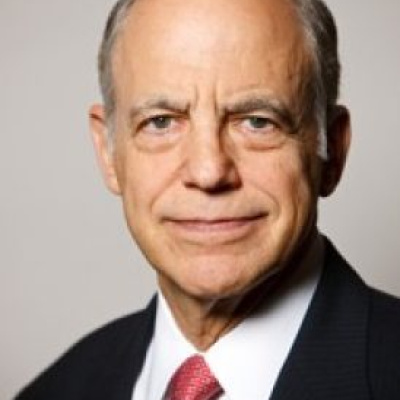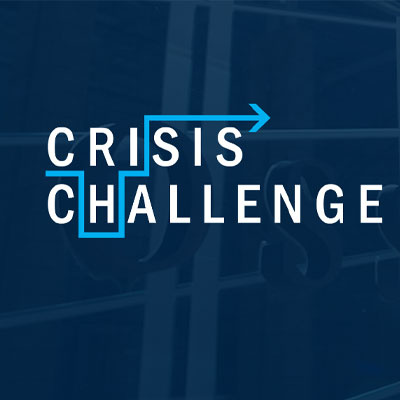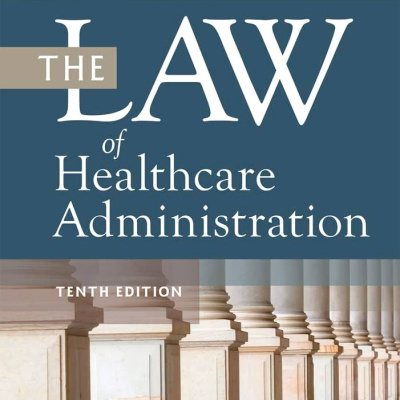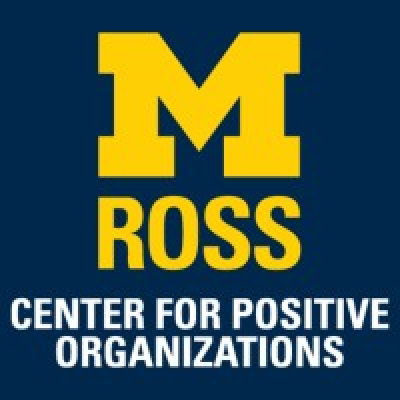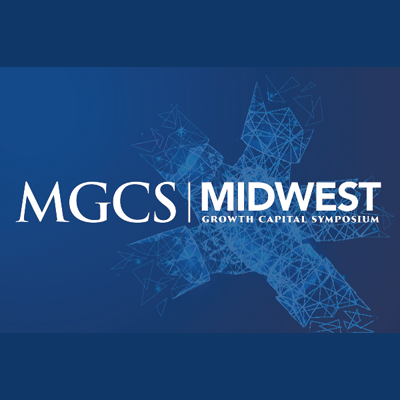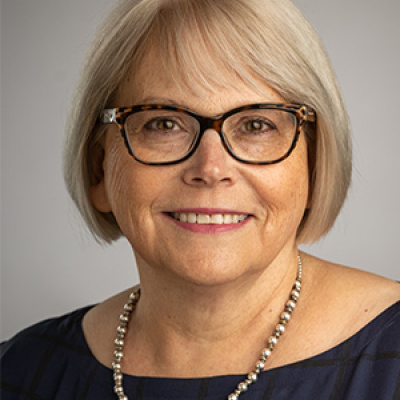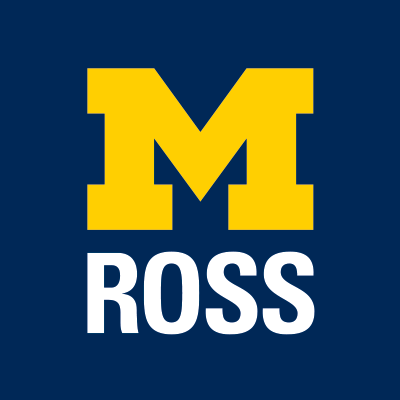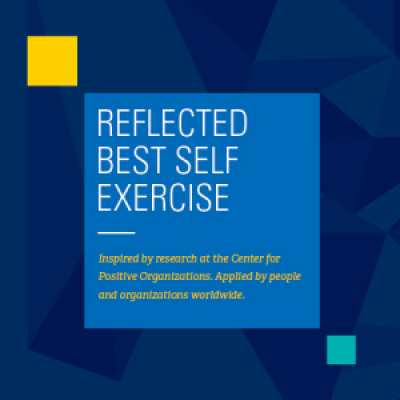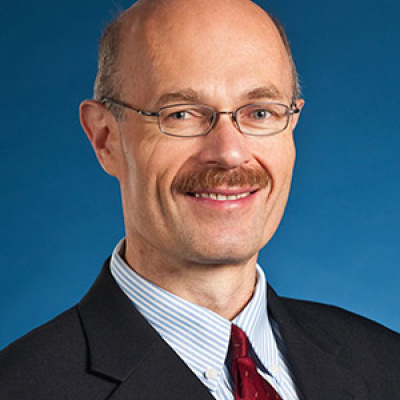Explore the faculty research, thought leadership, and groundbreaking philosophies that established Michigan Ross as one of the world’s top business schools.

If people don’t pay much attention to the ads when they watch TV, they can’t possibly think a lot about what the ads are saying. How, then, does advertising have the effects on consumer buying that it does? Showing that emotional responses evoked by the ad play an important role was a major research contribution by Rajeev Batra, Michigan Ross marketing professor. Batra came to U-M in 1989 from Columbia University, where he began this research stream. Over 10 years at MichiganRoss, he grew this research stream to show more clearly how these ad-evoked emotions interacted with the ads’ more rational content, what the different types of ad-evoked emotions were and how they could be measured accurately, and how they shaped consumers’ liking for and perceptions about brands. His co-authored papers on these topics have been cited more than 8,000 times, and he has twice been listed among the most influential scholars in the study of advertising. The methods he developed for measuring the types and effectiveness of emotional ads have also been incorporated into copy-testing systems at multiple ad agencies.

Professor Kenneth Lieberthal was a pioneer in the practice of business school professors contributing their knowledge in public service to society. Lieberthal served as the senior director for Asia for the U.S. National Security Council during the years 1998-2000.
During that same time, Lieberthal was also special assistant to President Clinton for National Security Affairs. His core academic research findings included a seminal analysis of China's bureaucratic system, which featured a nuanced and careful delineation of the fragmented nature of China's political system in the late 20th century.
Lieberthal's research was able to explain why China, during that era, had weak policy implementation at times because of the fragmentation in its bureaucratic system. He was known for introducing U.S. policymakers to a nuanced and careful understanding of the Chinese governmental system and how it functions.

The Integrated Product Development course is a unique cross-disciplinary experiential course delivered jointly by Michigan Ross, the College of Engineering, and the Stamps School of Art and Design. The course requires teams of business, engineering, and art students to execute the full range of the product development and launch process, from early-stage ideation through design and fabrication to launch stage promotion, pricing, and inventory decisions.
It has been continuously offered for more than 30 years and has been featured on CNN and in BusinessWeek, the New York Times, and the Wall Street Journal. Professor William Lovejoy originally designed this course, but it was subsequently taught by a series of dedicated professors drawn from the three units. It remains a course students remember and refer back to throughout their professional careers.

The Preparation Initiative was created by Professor Emeritus Frank Yates in 2005. Yates was a champion of diversity in higher education and believed all students should have access to Michigan Ross, regardless of their preparation. The Preparation Initiative is a thriving community designed to foster the excellence and success of undergraduate business students from economically distressed backgrounds or from racial or ethnic groups historically underrepresented in business leadership. Since its inception, the Preparation Initiative has supported hundreds of students in their pursuit of a business education and now also offers mentoring opportunities for alums of the program.

Currently organized by the Sanger Leadership Center, the Leadership Crisis Challenge partly came about based on Sue Ashford’s vision as the then head of the Ross Leadership Initiative and the enthusiasm of students wanting to create more venues to discuss complex and problematic business issues, such as the role of business in addressing society's most difficult problems and how businesses and other leaders might think about tensions between financial and environmental goals. Additionally, there was an interest in understanding how students, as future leaders, might best think about issues of corporate social responsibility. The LCC was intended to address those student interests by putting students in groups of four and asking them to exercise their courage, judgment, and integrity in response to a complex crisis situation and under strict time pressure. In the crisis challenge, students are confronted with a complex case for which there is no right answer or winning position – there are just tradeoffs. Built into the case are some of the most vexing questions of the day, including: What does a company “owe” the community in which it does business? Should the natural environment be sacrificed for shareholder wealth? Can companies admit wrongs in today’s aggressive legal climate? With the input of previous participants, the Net Impact club, and members of the faculty, a new case is prepared every year and overseen and judged by Michigan Ross community members, business leaders, and alums.

Changes in health care structure following World War II brought the need for increased legislation, regulations, and court oversight to the industry. Professor Arthur Southwick of the Michigan Business School was a leader in developing these diverse sources into a coherent framework that enabled academics, healthcare leaders, and students to understand this emerging area of law.
According to Wharton Professor Arnold Rosoff, Southwick's book, The Law of Hospital and Health Care Administration, first published in 1978, "was a central fixture in the field's literature and the means by which countless numbers of hospital administrators learned about the laws that so significantly defined their field of practice." In this way, Southwick was a thought leader in developing healthcare law. In addition to his intellectual leadership in the healthcare field, Southwick served on the State Health Planning Advisory Council in Michigan and played a key role in founding what has become the 12,500-member American Health Law Association.

The public corporation in America is vanishing, and more people, from low-income earners to professionals, are doing their work in the so-called “gig economy.” The work of Professors Jerry Davis and Sue Ashford put these two issues on the research agenda of scholarly colleagues. Davis documents the first idea in his book, The Vanishing American Corporation (2016). Although some scholars have suggested that over-regulation might account for this surprising trend, he argues that a more fundamental shift in the economy, enabled by information and communication technologies, was ultimately responsible. By making it cheaper to "buy" rather than "make" inputs (from capital and labor to supplies, manufacturing, and distribution), information and communication technologies have made the parts of an enterprise like a pile of Legos, ready to assemble into a business, scale, and disassemble. This idea explains Nikefication, Uberization, Amazon, and other recent trends in the organization of the U.S. economy, as well as why the same technologies are used differently in different countries, resulting in very different corporate structures. If what Davis says is true, then fewer people will be working in large public corporation settings going forward. This shift may account for the growth in people working independently, some using technologically mediated apps to find and conduct work. Ashford puts the gig economy and gig workers on the agenda of people wanting to understand individuals at work. Her qualitative and quantitative studies identify the challenges faced by those working independently and what they can do to survive and thrive. Challenges include maintaining one’s identity, keeping sufficient income flowing in, staying organized, finding and maintaining work connections, and figuring out how to make working in this manner work over the long run. This research tests a variety of interventions and solicits ideas from individuals working in this manner regarding strategies that make this kind of work-life viable and enlivening.
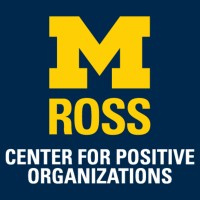
The late 1990s ushered in a revolutionary view across the social sciences centered around the power and importance of studying strengths, better understanding how people thrive, and how systems seize opportunities for creating excellence. Michigan Ross led the way in advancing this fundamental research shift in the field of management and organizations, with many scholars publishing seminal research in the field. In 2002, three faculty members, Jane Dutton, Bob Quinn, and Kim Cameron, founded the Center for Positive Organizations to encourage rigor in this growing field of research and to serve as a home for a large network of scholars interested in pursuing this line of inquiry. As the field has grown over the years, Positive Organizational Scholarship has influenced how management is taught and practiced. CPO at Michigan Ross is a leader in helping teachers and students tap into this body of evidence and learn about this research through innovative courses and developmental learning programs. Those tools include the "Reciprocity Ring", a dynamic group exercise that applies the “pay-it-forward” principle while creating high-quality connections, and the "Reflected Best Self Exercise", which helps you see who you are at your best to engage you to live and work from that powerful place daily.

Expanding on his dissertation thesis, completed in 2003, Professor Paolo Pasquariello's powerful insight (published in 2007) demonstrates that financial contagion (the spread of a shock from one financial market to many) could occur due to the simple, and highly plausible, heterogeneous private information of speculators about fundamentals. Financial contagion is an increasingly common phenomenon of global concern, especially during financial crises. Importantly, Pasquariello's theoretical multi-market setting rules out all the more complicated explanations of contagion --- usual suspects such as correlated information and/or liquidity and portfolio rebalancing --- while linking it to some of the main features of globalization, the expansion of and access to international financial markets.

Originally launched by Michigan Ross Professor David Brophy and now organized and run by the Zell Lurie Institute for Entrepreneurial Studies, the Midwest Growth Capital Symposium began as an opportunity to showcase innovative Michigan ventures seeking funding and connect them with venture capitalists, angel investors, industry stakeholders, and leaders from across the nation.
Today, the Symposium provides a platform for pre-selected Midwest companies to present their business ideas and investment opportunities. These companies span various sectors, such as life sciences, healthcare, technology, food and agriculture, and energy. First held in 1980, the Symposium is the longest-running university-based venture fair of its kind, has gained recognition, and attracts attendees from across the country.

”Bifurcation of the Owner and Operator Analysis" was published by Professor Lynda Oswald in 1994. Her research was cited and quoted extensively by the U.S. Supreme Court in its unanimous decision in United States v. Bestfoods (1998) in clarifying parent corporations' direct and indirect liability for their subsidiaries’ actions in the context of CERCLA liability and hazardous waste cleanup. The liability of a parent corporation for the acts of the subsidiary is a complex issue that permeates all areas of corporate law and business relationships, and is not confined to the environmental context found in Bestfoods. Oswald’s research has since informed the decisions of over 55 additional courts -- federal trial and appellate courts as well as state appellate and supreme courts -- in business law contexts as varied as environmental liability, whistle-blowing under the Sarbanes-Oxley Act, the Racketeering-Influenced Corrupt Practices Act (RICO), employment discrimination, medical malpractice, negligence, bankruptcy, and real estate transactions.

Following the decision of Dobbs v. Jackson Women's Health Organization by the U.S. Supreme Court, abortion restrictions within the United States have proliferated, and it is reasonable to expect that access to abortion services will be even further reduced in the future. The work of Associate Professor Sarah Miller investigates the impact of abortion denial using new linkages between data from the Turnaway Study and administrative records in credit reports. The Turnaway Study was a path-breaking study from the University of California San Francisco that recruited women seeking abortions, some of whom had pregnancies that just exceeded the gestational age limit of the clinic they attended and were denied abortions, others who fell just below this limit and were able to receive the abortion they sought. Miller and her co-authors found that women denied an abortion and those who received an abortion were on similar trajectories before the denial, but those denied an abortion experienced a large spike in financial problems such as unpaid bills and public records (such as bankruptcies and liens). This spike in financial problems persisted for the full six-year follow-up period that the authors had access to. The results provide evidence counter to the narrative that abortion is exclusively harmful to women who receive one (because of, for example, the regret they may feel after receiving an abortion). Instead, it suggests that giving women control over the timing of their reproduction allows them greater financial stability and self-sufficiency.

Professor Jim Walsh was elected as the 65th president of the Academy of Management in 2006, making him only the second Michigan faculty member to lead the Academy. Walsh took stock of the approximately 16,000 members who lived in more than 100 countries at the time and noted that very few of them resided on the continent of Africa. Knowing that Africa, the cradle of civilization, is home to over a billion people and more than 1,000 universities and that the continent was poised for enormous population and economic growth, he wanted to bridge the gap and reach out to the teacher-scholars on the continent. Fully aware of the terrible history of colonization, he decided to simply create space for colleagues in Africa to meet their colleagues from the rest of the world. The first step in the process was to work with others to co-found the African Academy of Management. His continued work culminated in a 2013 AOM Africa Conference, in which approximately 300 colleagues from the world over journeyed to Johannesburg to share and imagine new research and teaching ideas. Since that time, the Africa Academy of Management has hosted a number of faculty development workshops, launched the Africa Journal of Management, and held conferences across the continent. In short, Africa-centered scholarship has burgeoned. Beyond that, the Ross School was just granted affiliate member status in the Association of African Business Schools. Professor Walsh wanted to be sure that we too are a part of the emerging scholarly conversations and evolving business practices on the continent.
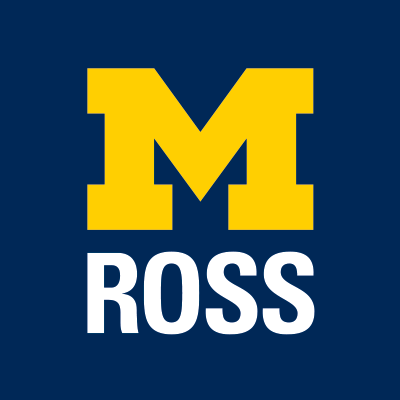
The fields of social movements and organizations had very little overlap until Professors Jerry Davis and Mayer Zald convened a pair of conferences at Michigan Ross in 2001 and 2002 that brought together top scholars from both domains and forged research collaborations that yielded a 2005 Cambridge University Press volume and a 2008 special issue of Administrative Science Quarterly. Zald had previously published a piece on the topic in 1977, as had Davis in 1994. Today, this is a widely recognized and fruitful research domain that arose just in time to explain the increasingly prevalent interplay between corporations and social movements, including boycotts, corporate political activism, and employee social movements.
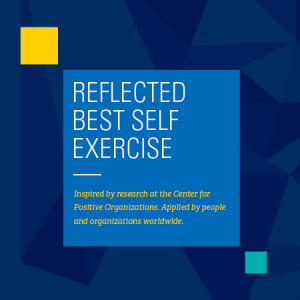
Originally developed by Professors Gretchen Spreitzer, Bob Quinn, Jane Dutton, and Laura Morgan Roberts through their research at the Center for Positive Organizations, the Reflected Best Self Exercise™ is a personal development tool that helps you to see who you are at your best, engaging you to live and work from this powerful place daily. Since its launch, the RBSE has helped thousands of executives, managers, employees, and students discover new potential. Unlike most other feedback tools, the RBSE isn't limited to self-assessment. It invites people from your life and works to share stories of moments they feel they've seen you at your best, surfacing what few of us become aware of otherwise. The RBSE enables you to gain insight into how your unique talents have positively impacted others and gives you the opportunity to further leverage your strengths at work and in life.

The paper "Value of Information in Capacitated Supply Chains" by Professor Roman Kapuscinski and his co-authors was published in Management Science in 1999. This paper contributed significantly to the understanding of how information sharing impacts the performance of supply chains. Specifically, this paper turned on its head the notion that information would be most valuable in settings where capacity is tight, when the uncertainty of demand is huge, and when the costs of unsatisfying demand are very high. The paper uses careful, rigorous analyses to reveal when information is most valuable and how the value depends on many interrelated factors. Providing an innovative analytical model, Kapuscinski and his colleagues demonstrated when and how the sharing of demand information could remarkably enhance inventory management and order fulfillment for capacity-constrained supply chains. The subsequent literature in operations management has heavily referenced this pioneering work, leading to the development of practical strategies for improving supply chain efficiency through information sharing. Further studies have explored different facets of information sharing in diverse supply chain settings and have considered more complex forms of information, extending the paper's impact in many directions within operations.





